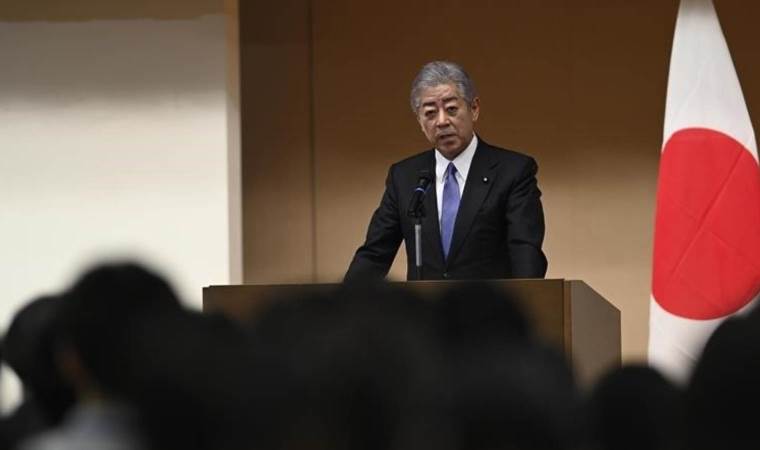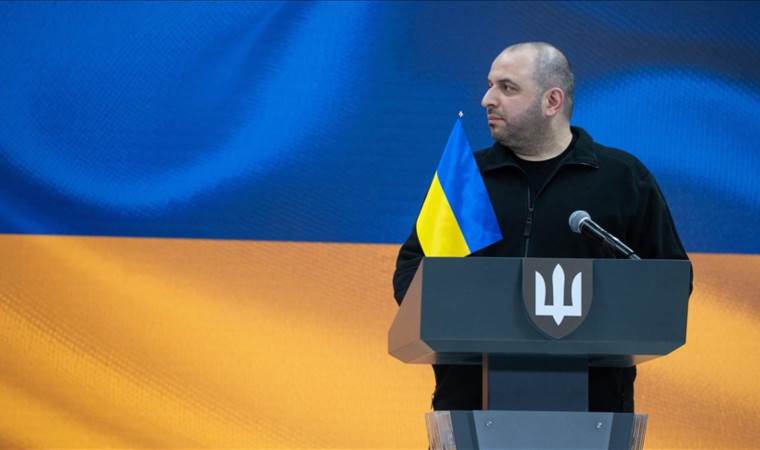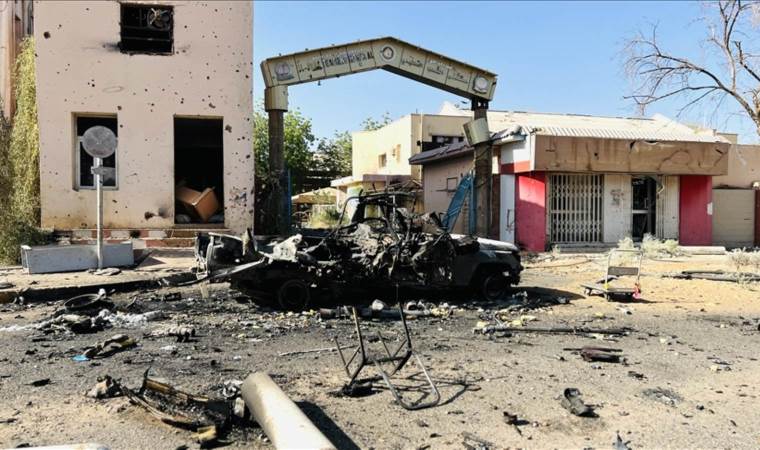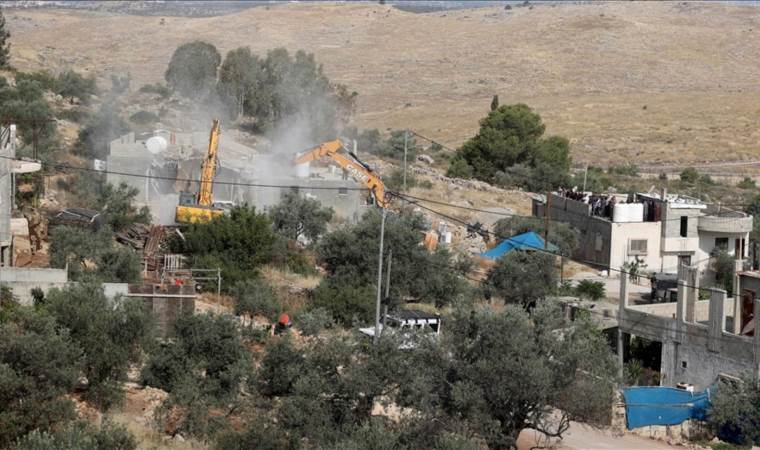Cyberattack not behind Spain’s blackout: Electricity grid operator
A cyberattack was not behind the massive blackout that left most of Spain and Portugal in the dark for several hours on Monday, the head of Spain’s electricity grid operator said.
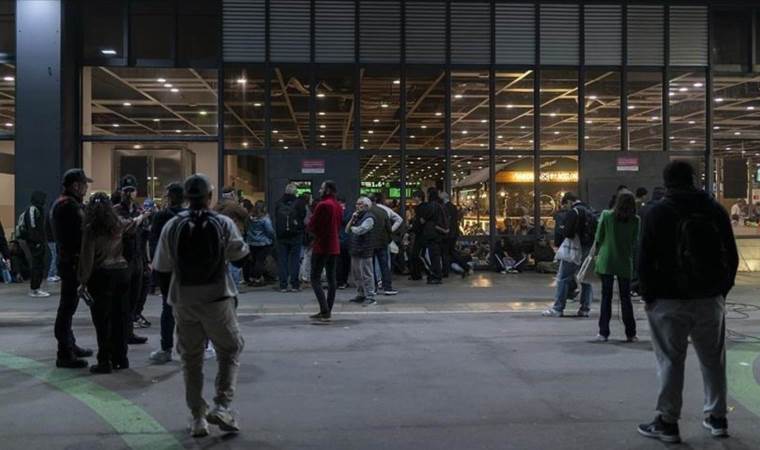
“We have been able to conclude that there was no intrusion in the grid’s control center,” Eduardo Prieto, a director at Red Electrica, told a Tuesday news conference.
He said it was “too early” to determine whether human error was behind the blackout, which he said originated in southwestern Spain, a major producer of solar energy.
When asked by journalists if the incident was related to solar power generation, Prieto said it was “very possible.”
He also ruled out an atmospheric event as the cause
On Monday, the Iberian Peninsula suffered its worst blackout in modern history shortly after midday, with nearly all of mainland Spain and Portugal without power.
By midnight, just 61% of the power demand in Spain had been restored. By Tuesday morning, Prime Minister Pedro Sanchez announced that 99.95% of the country’s electricity supply had been recovered.
No major security incidents were reported during the blackout, and calm largely prevailed. Streets filled with children and those seizing the forced time away from electronics – meeting friends and forming long lines to eat ice cream before it melted. With fewer cars and spotty internet service, many described it as a step back in time.
But for others, the experience was far from idyllic, particularly for travelers or those stuck in elevators when the power went out.
Around 35,000 people were rescued after becoming stranded during rail travel. Massive traffic jams clogged big cities like Madrid, where traffic lights and public transport failed and chaos reigned. Others had to be rescued from underground metro systems.
Many businesses were also seriously affected, with production and services largely paralyzed.
A state of emergency was declared in several regions whose governments requested the central government’s intervention to manage the response.
While the states of emergency are being lifted in some areas, Madrid’s regional President Isabel Diaz Ayuso said Tuesday morning that it was still too early to do so.
“If we don’t know the causes, we can’t lift it ... Who can tell us that this won’t happen again?” she told a news conference.
Most Read News
-
 No Future Without Industry: A Call for Production-Orient
No Future Without Industry: A Call for Production-Orient
-
 Israel’s Ben-Gvir ends US visit amid pro-Palestine prote
Israel’s Ben-Gvir ends US visit amid pro-Palestine prote
-
 Japan seeks collaboration to advance nuclear disarmament
Japan seeks collaboration to advance nuclear disarmament
-
 Major fire erupts at electrical substation in West Londo
Major fire erupts at electrical substation in West Londo
-
 Ukraine appoints new deputy defense ministers amid ongoi
Ukraine appoints new deputy defense ministers amid ongoi
-
 Malaysia urges all parties in Myanmar to continue ceasef
Malaysia urges all parties in Myanmar to continue ceasef
-
 German Social Democrats conclude key vote on coalition d
German Social Democrats conclude key vote on coalition d
-
 Canada's Liberal Party wins federal elections by over 43
Canada's Liberal Party wins federal elections by over 43
-
 At least 41 civilians killed, scores injured in RSF shel
At least 41 civilians killed, scores injured in RSF shel
-
 Israeli army arrests 22 Palestinians, demolishes 4 homes
Israeli army arrests 22 Palestinians, demolishes 4 homes


